Russia and China have worked hand in hand to uphold the purposes and principles of the UN Charter, safeguard fairness and justice, resist unilateral bullying, and contribute positively to the defense of multilateralism.
Russia and China have worked hand in hand to uphold the purposes and principles of the UN Charter, safeguard fairness and justice, resist unilateral bullying, and contribute positively to the defense of multilateralism.
Chinese Foreign Minister Wang Yi, also a member of the political bureau of the Communist Party of China Central Committee, met with Russian Foreign Minister Sergey Lavrov in Rio de Janeiro on Monday local time, calling on strengthening coordination within the BRICS framework in face of intense competition between unilateralism and multilateralism.
While the international landscape has recently seen many new changes — with change being the norm of our time — what remains unchanged is the mutual trust and support between China and Russia, Wang said, according to a readout on the website of Chinese Foreign Ministry.
The strategic guidance of President Xi Jinping and President Vladimir Putin has consistently served as the fundamental guarantee for maintaining the high-level performance of China-Russia relations. Both sides should work together to translate the important consensus reached by the two heads of state into concrete outcomes across various fields of cooperation, Wang noted.
At present, there is intense competition between unilateralism and multilateralism, and the struggle between hegemony and anti-hegemony is playing out globally. The unity and cooperation among BRICS countries are showing increasingly important strategic value, Wang said.
As founding members of BRICS, China and Russia should strengthen coordination within the BRICS framework, deepen solidarity and collaboration among developing countries and emerging economies, continuously enhance the influence and appeal of a "Greater BRICS," inject strong impetus into global development and prosperity, and contribute more "BRICS strength" to building a fairer and more equitable global governance system.
In a rapidly changing world, it is essential for Russia and China to maintain close interaction. Russia is ready to work with China to prepare for the next round of high-level exchanges between the two heads of state, and to support each other in hosting commemorative events marking the 80th anniversary of the victories of the Soviet Union's Great Patriotic War and the World Anti-Fascist War and the Chinese People's War of Resistance Against Japanese Aggression, Lavrov said, according to the readout.
Lavrov noted the two countries will deepen practical cooperation across all fields. As major powers with special international responsibilities, Russia and China have worked hand in hand to uphold the purposes and principles of the UN Charter, safeguard fairness and justice, resist unilateral bullying, and contribute positively to the defense of multilateralism.
Both sides will also support Brazil in fulfilling its duties as the BRICS chair, and strive for further fruitful outcomes in BRICS cooperation, Lavrov said.
Lavrov also briefed on the latest developments in the Ukraine crisis and reiterated Russia's readiness to engage in peace talks with Ukraine without preconditions, aiming to address the root causes of the conflict.
He also announced Russia's decision to implement a temporary ceasefire along the entire front line around May 9 to mark Victory Day.
Wang outlined China's principled position on promoting peace and negotiations on Ukraine issue.
Russian President Vladimir Putin on Monday announced a three-day truce starting from midnight May 8, the Xinhua News Agency reported on Monday.
The Kremlin said that Putin had ordered a full cessation of hostilities to mark the 80th anniversary of Russia's Victory Day, which falls on May 9, Xinhua said.
The two sides also conducted strategic communication on strengthening cooperation under multilateral frameworks such as the UN, the Shanghai Cooperation Organization, and the G20. They also exchanged views on the Iranian nuclear issue, the Korean Peninsula nuclear issue, and other international and regional concerns, according to the readout.









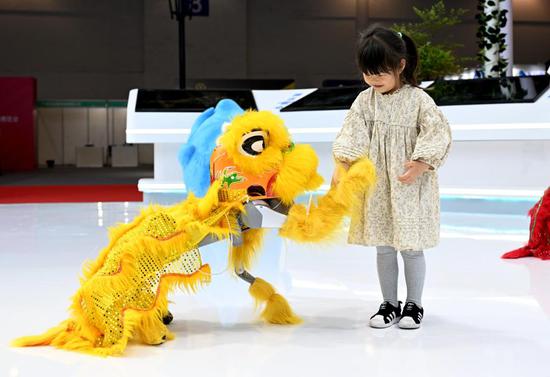

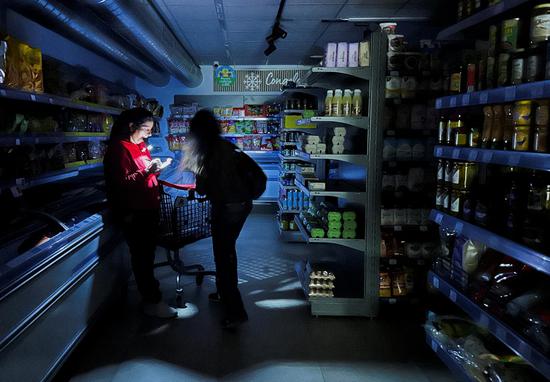



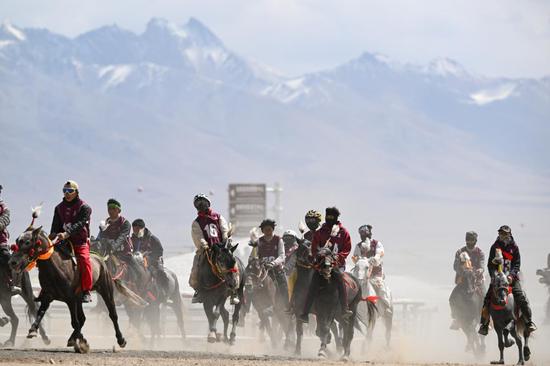

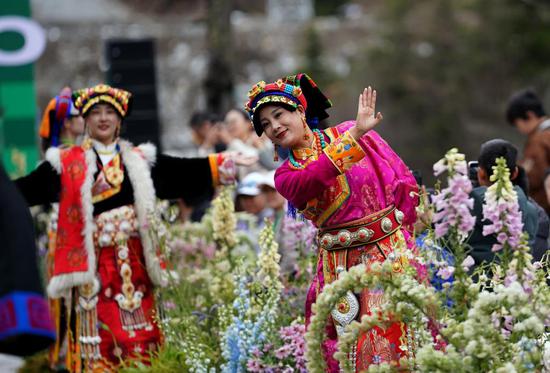






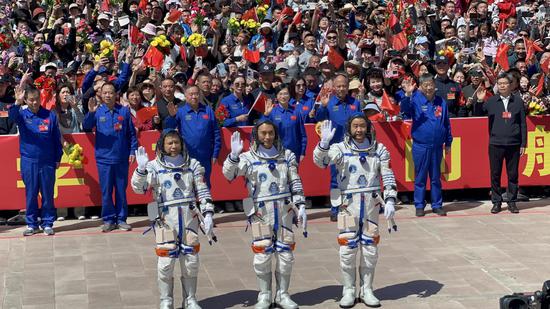

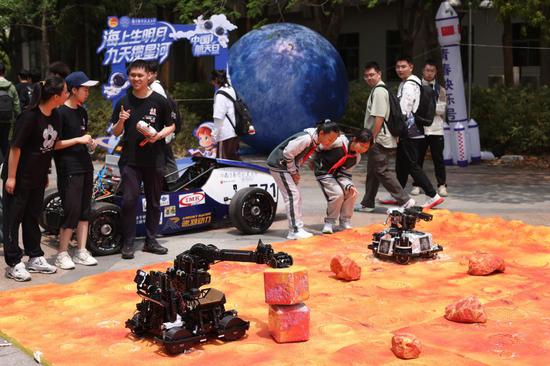


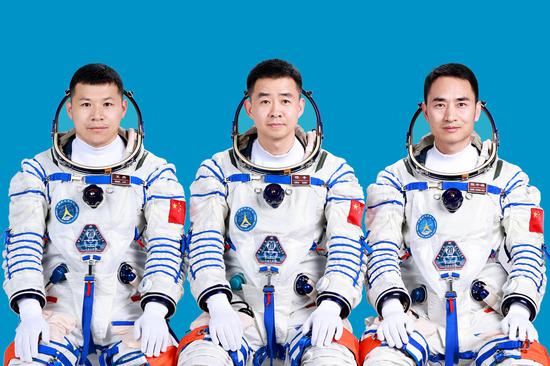


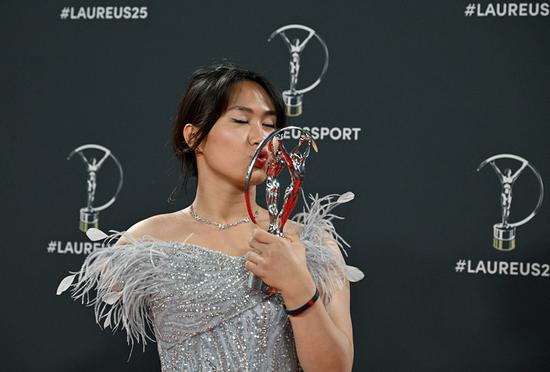

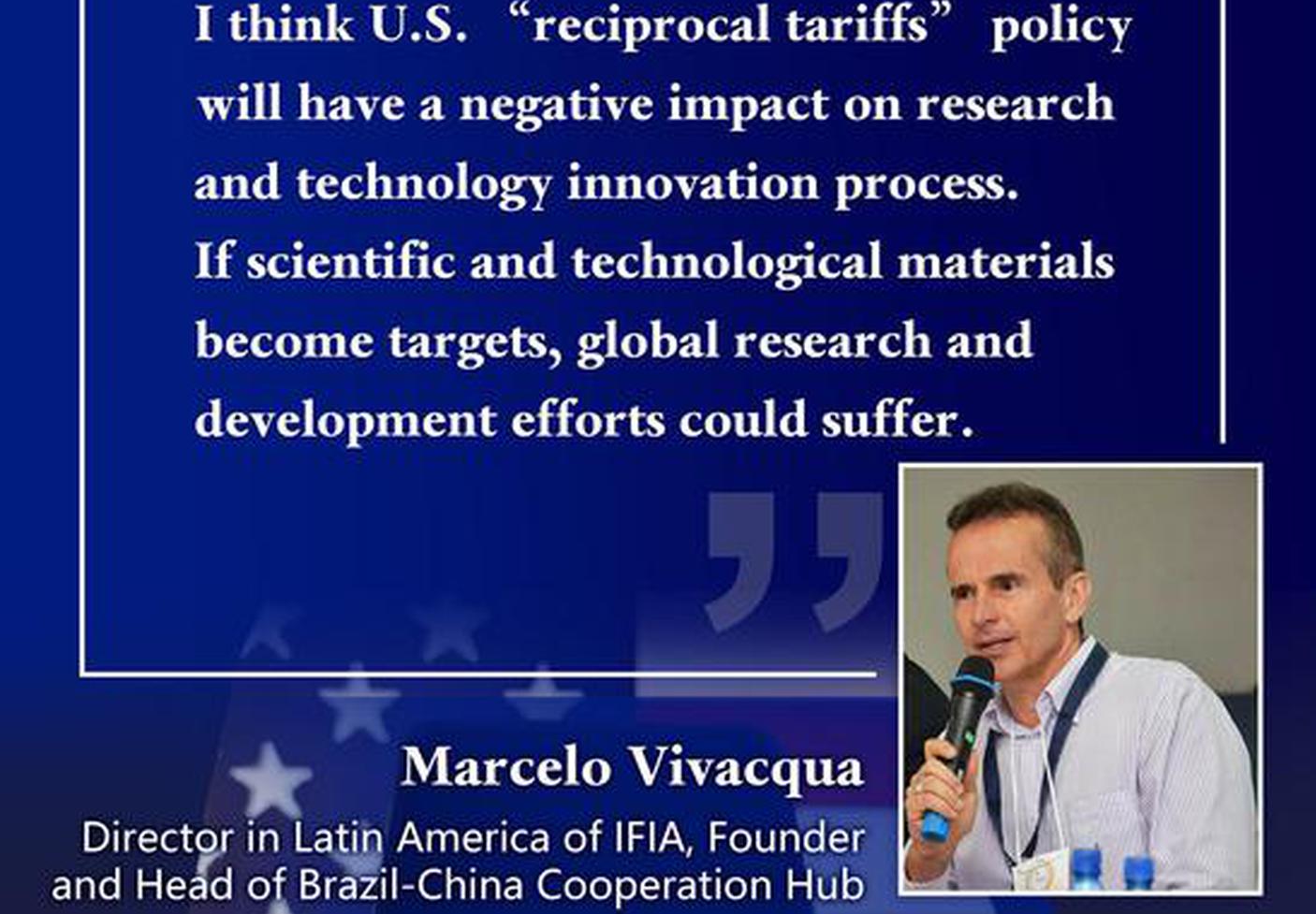





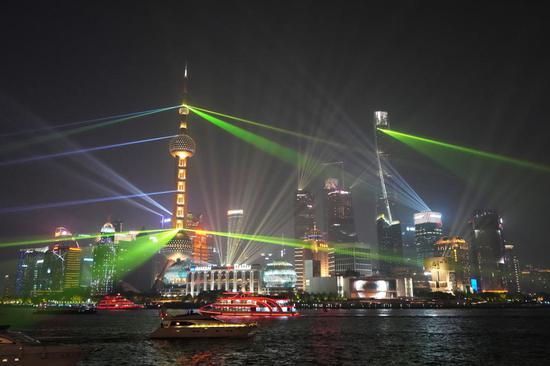
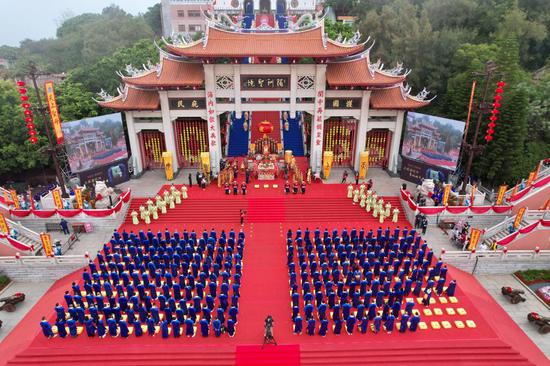
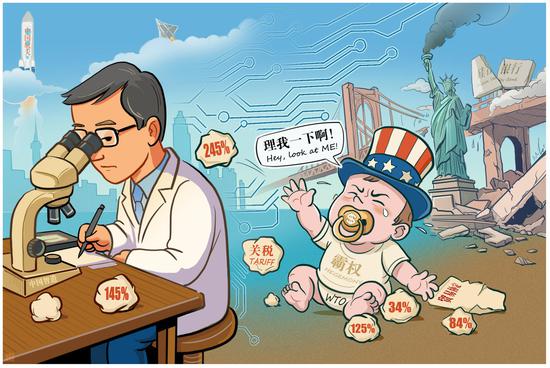
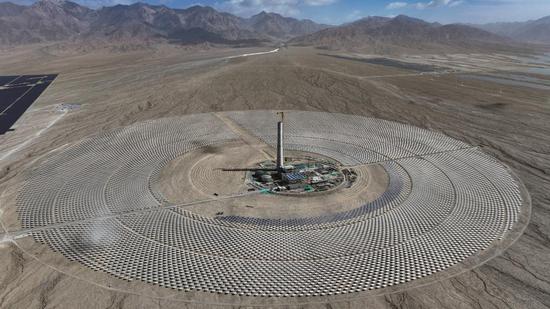






 京公網安備 11010202009201號
京公網安備 11010202009201號